Stay clear of baby wild animals this spring
Published March 31, 2023 at 12:01 pm
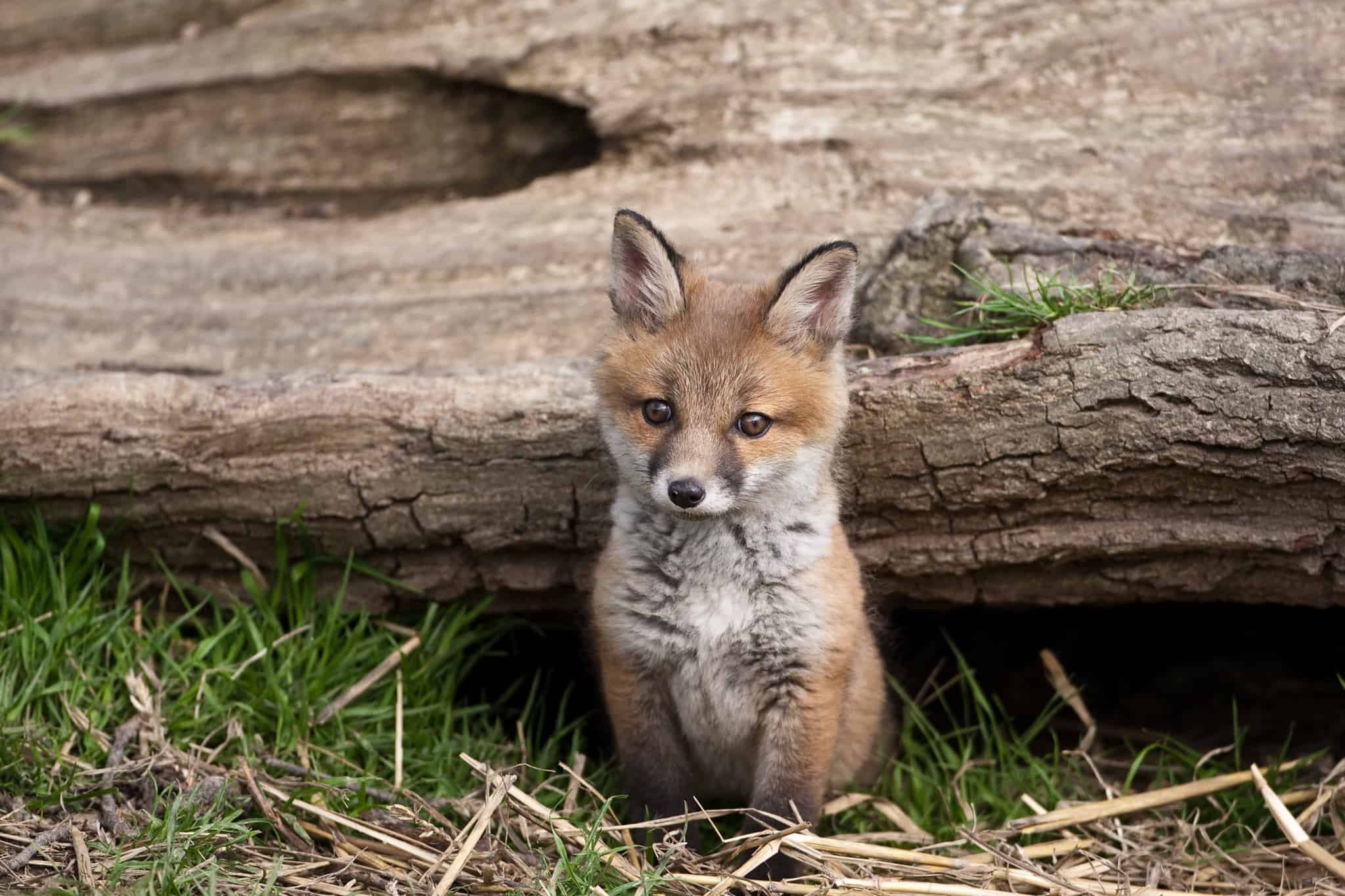
While they look very cute, the City of Mississauga is warning residents to give baby animals space this spring.
“This time of year, there’s an increased chance you may encounter baby animals like foxes, duckings, rabbits and others,” the city wrote on social media this week. “While they can look cute, remember they are wildlife and should be left alone.”
Around this time of year, many young animals, like baby birds, are needlessly rescued by residents, the city notes.
This interference from humans can be harmful or even fatal to the young animal.
“There have been cases where well-intentioned residents have tried to rescue a baby animal because they think it has been abandoned, is in distress or has been orphaned,” the city notes.
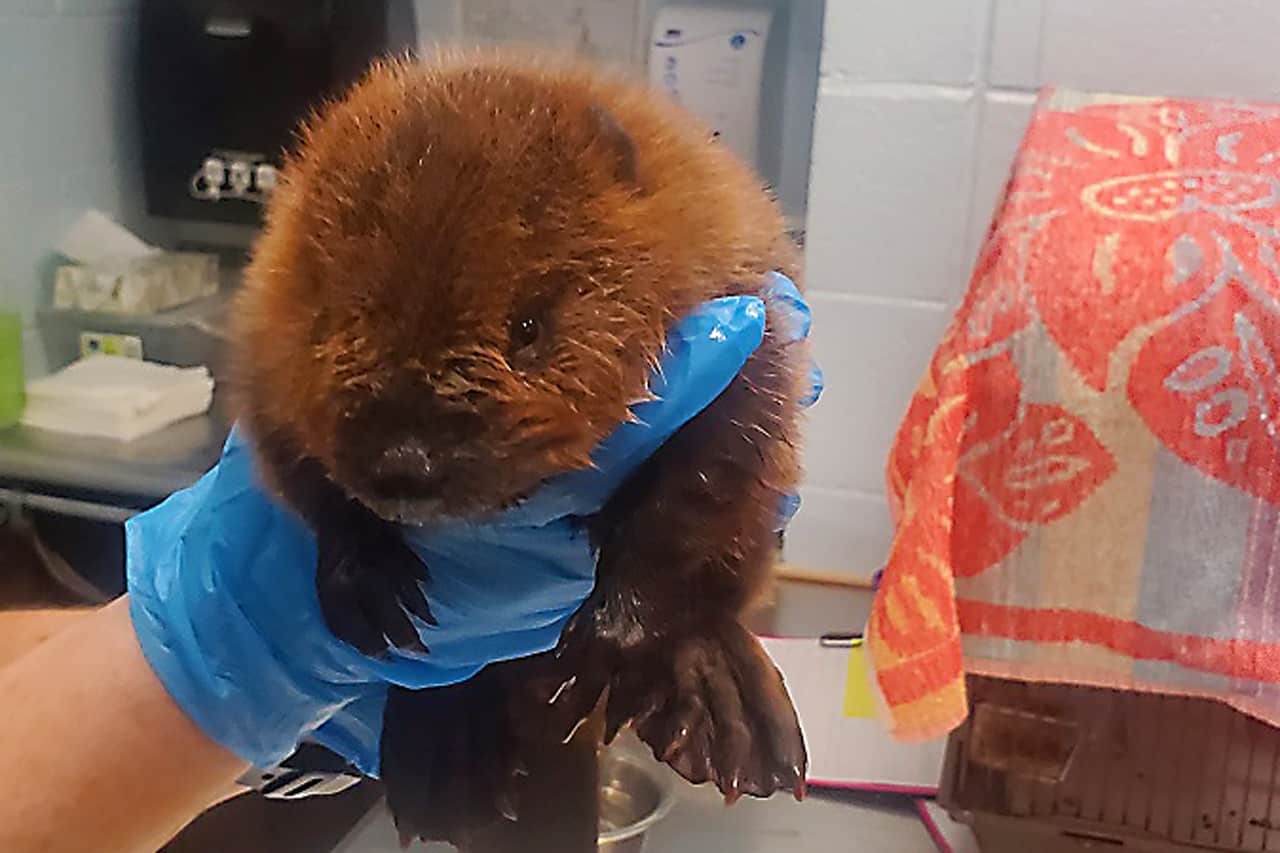
Mississauga Animal Services gets several calls from concerned residents about baby animals every year. Although they are sometimes orphaned or injured and need to be helped, most of the time, they should just be left alone.
If you are unsure if an animal needs help, monitor from afar to see if the mother or parents return.
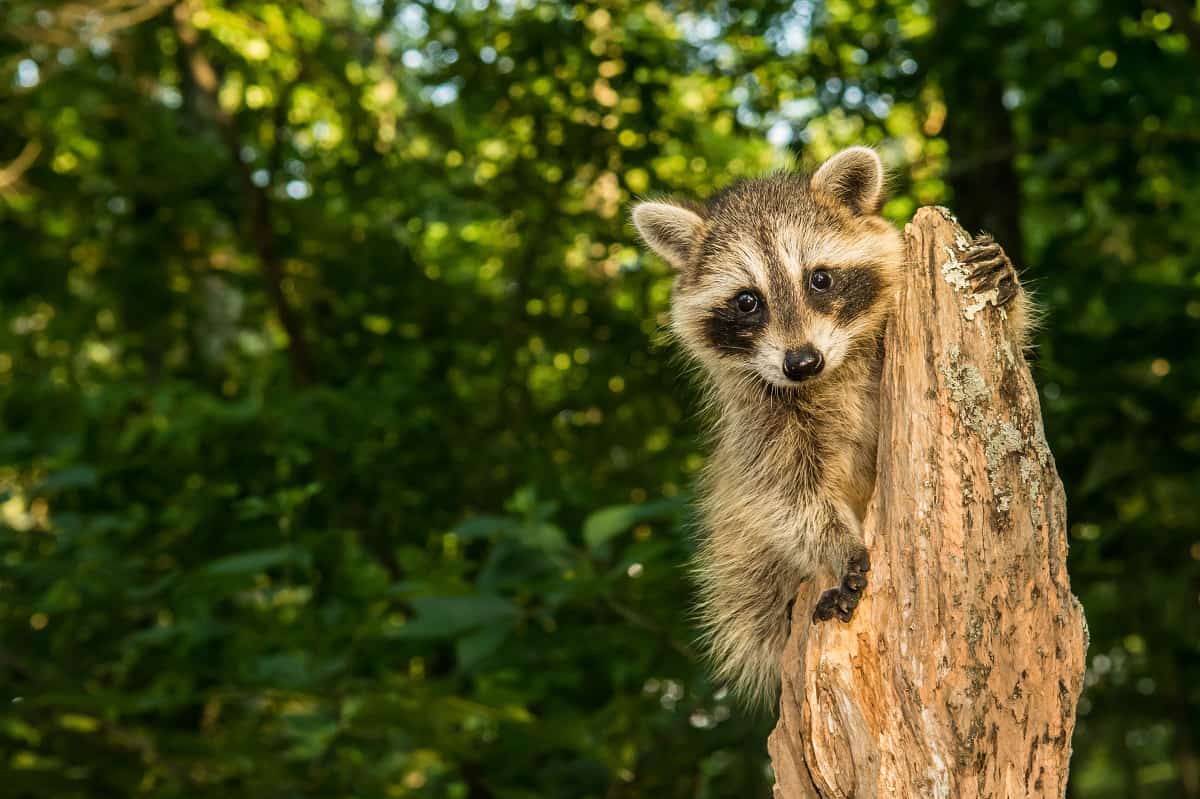
“Your instincts may be to help baby wildlife who might seem helpless or defenceless; however, human intervention is only necessary if an animal is endangered, hurt or in distress,” the city notes. “Babies shouldn’t be separated from their mother unless absolutely necessary.”
Many times, baby animals haven’t been abandoned or orphaned. Most animals, including rabbits, squirrels, raccoons and foxes, will leave their young unsupervised for long periods of time while they hunt or forage for food.
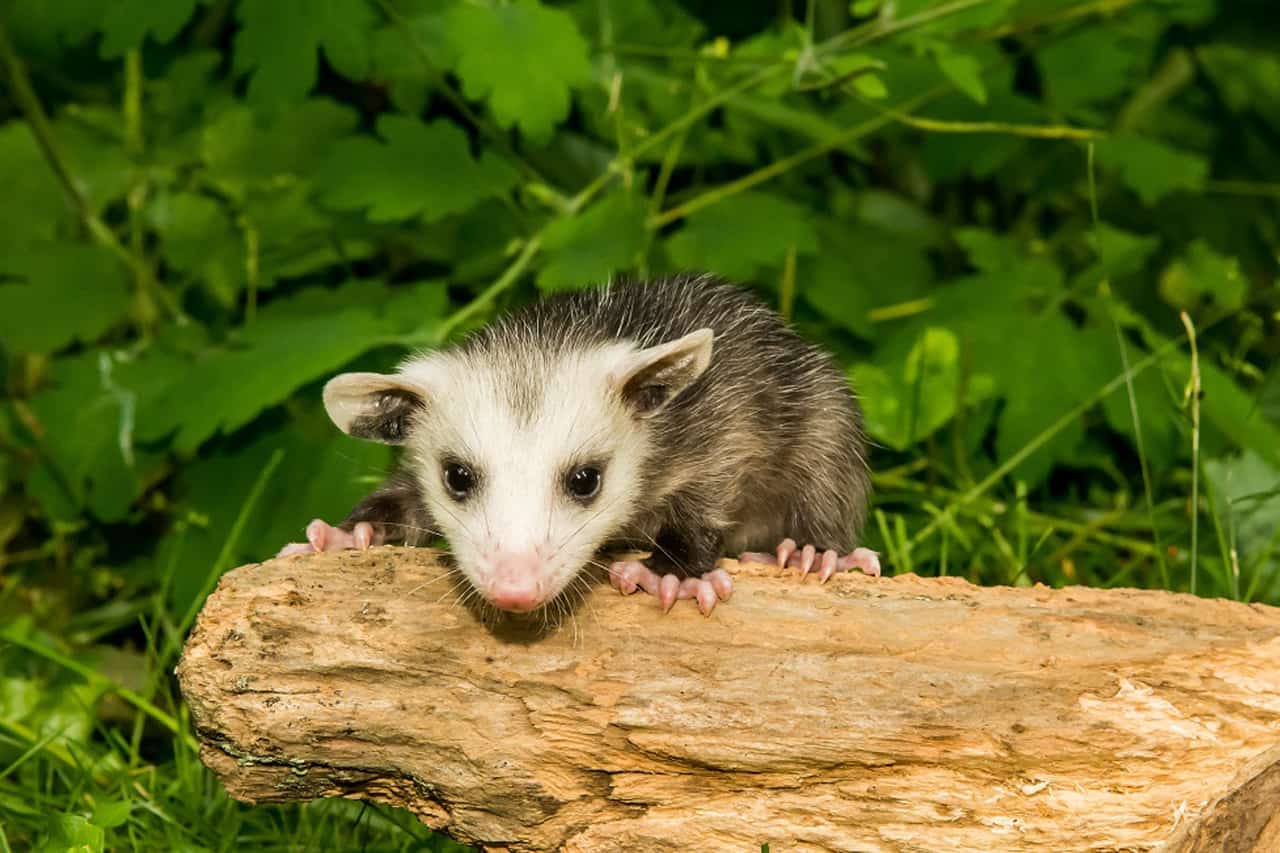
“Often, people mistakenly believe these animals have been abandoned, so they feel they should intervene; however, it’s best to leave them alone,” the city notes.
If the baby appears to be hurt, injured or in distress, contact a licensed wildlife rehabilitator such as the Toronto Wildlife Centre.
The Toronto Wildlife Centre advises against trying to help a baby animal at your home.
“Wild babies need very specific care, and without training or resources to provide for it, you are setting it up for failure as an adult,” the centre notes.
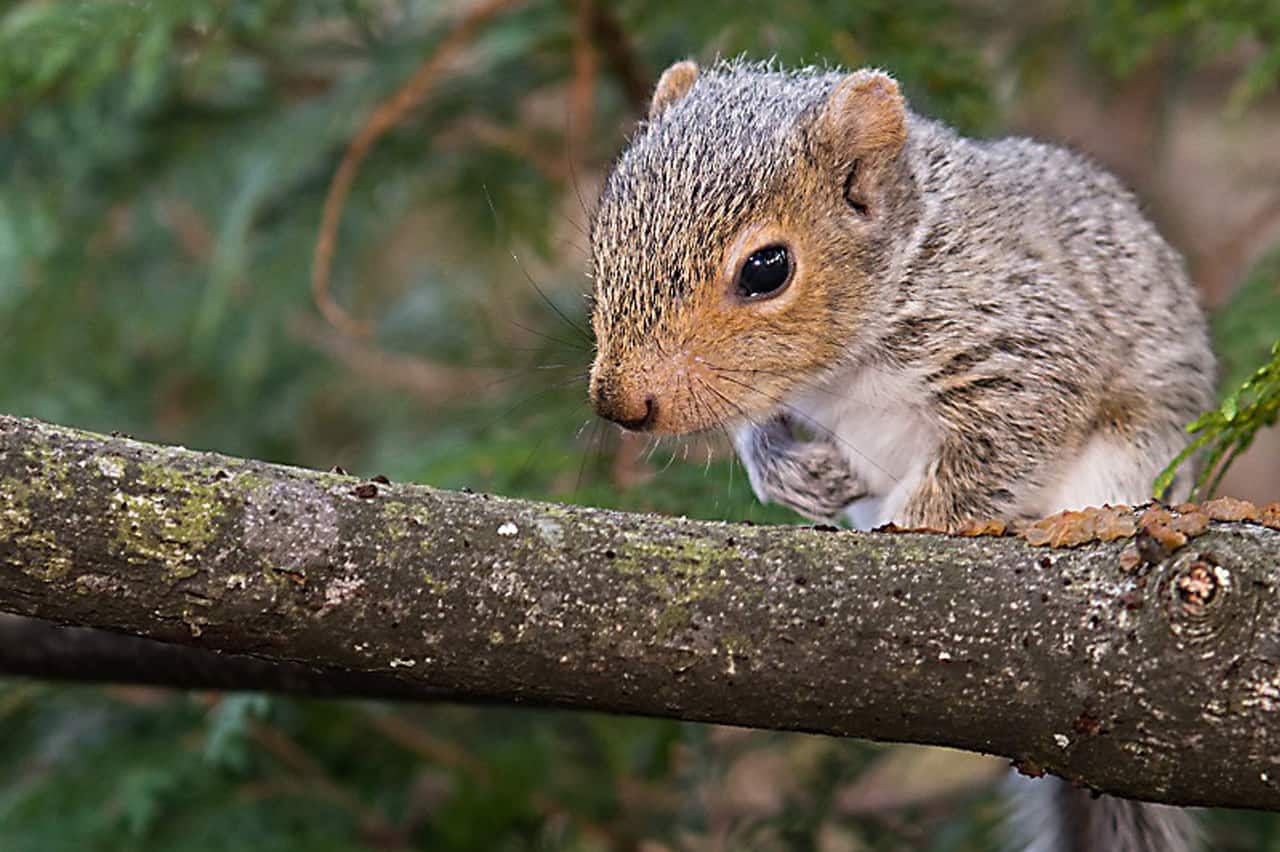
Wild babies must be raised with members of their own species, and they require a specialized diet. They need appropriate housing and cage furniture for exercise and enrichment.
And human contact with wild babies must be kept to a minimum.
Wild babies should be transported to a wildlife rehabilitator within 24 hours of being found.
“Attempting to care for a wild baby for even a few days can have a disastrous outcome for the animal – while a few days seems like a short time, for an animal that develops into adulthood in months or even weeks, it can make a significant difference in their outcome,” the centre notes.
For more information about baby animals, see the City of Mississauga page or the Toronto Wildlife Centre.
INsauga's Editorial Standards and PoliciesThis time of year, there’s an increased chance you may encounter baby animals like foxes, duckings, rabbits and others. 🐇
While they can look cute, remember they are wildlife and should be left alone. 🚫
Learn more: https://t.co/VcT73ldZnP pic.twitter.com/80IIAnTRN2
— City of Mississauga (@citymississauga) March 29, 2023



